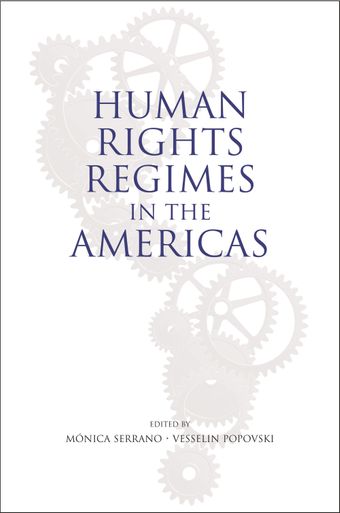Human rights in Cuba and the international system

- Author: Ana Covarrubias
- Main Title: Human Rights Regimes in the Americas , pp 170-188
- Publication Date: October 2013
- DOI: https://doi.org/10.18356/adf376c0-en
- Language: English
To talk about the state of human rights in any country is always difficult, even in countries where there are no massive violations. Socio-economic and ethnic differences or the war on terror, for example, pose specific problems in relation to respect for human rights. The Cuban case has its own interesting peculiarities. First, one of the alleged successes of the 1959 Revolution was the improvement in the status of certain human rights: education, health and racial equality. Secondly, the lack of civil and political liberties is justified by the regime on the basis of an external threat to the Revolution, to the regime itself. According to this argument, as long as the regime is threatened by the United States, political opening is not possible because those who defend political and civil liberties are allies of the external enemy. The denial of political and civil liberties therefore becomes a national security requirement.
© United Nations
ISBN (PDF):
9789210563246
Book DOI:
https://doi.org/10.18356/a4e5bef1-en
Related Subject(s):
Human Rights and Refugees
Sustainable Development Goals:
Countries:
Cuba
-
From This Site
/content/books/9789210563246c009dcterms_title,dcterms_subject,pub_keyword-contentType:Journal -contentType:Contributor -contentType:Concept -contentType:Institution105
/content/books/9789210563246c009
dcterms_title,dcterms_subject,pub_keyword
-contentType:Journal -contentType:Contributor -contentType:Concept -contentType:Institution
10
5

